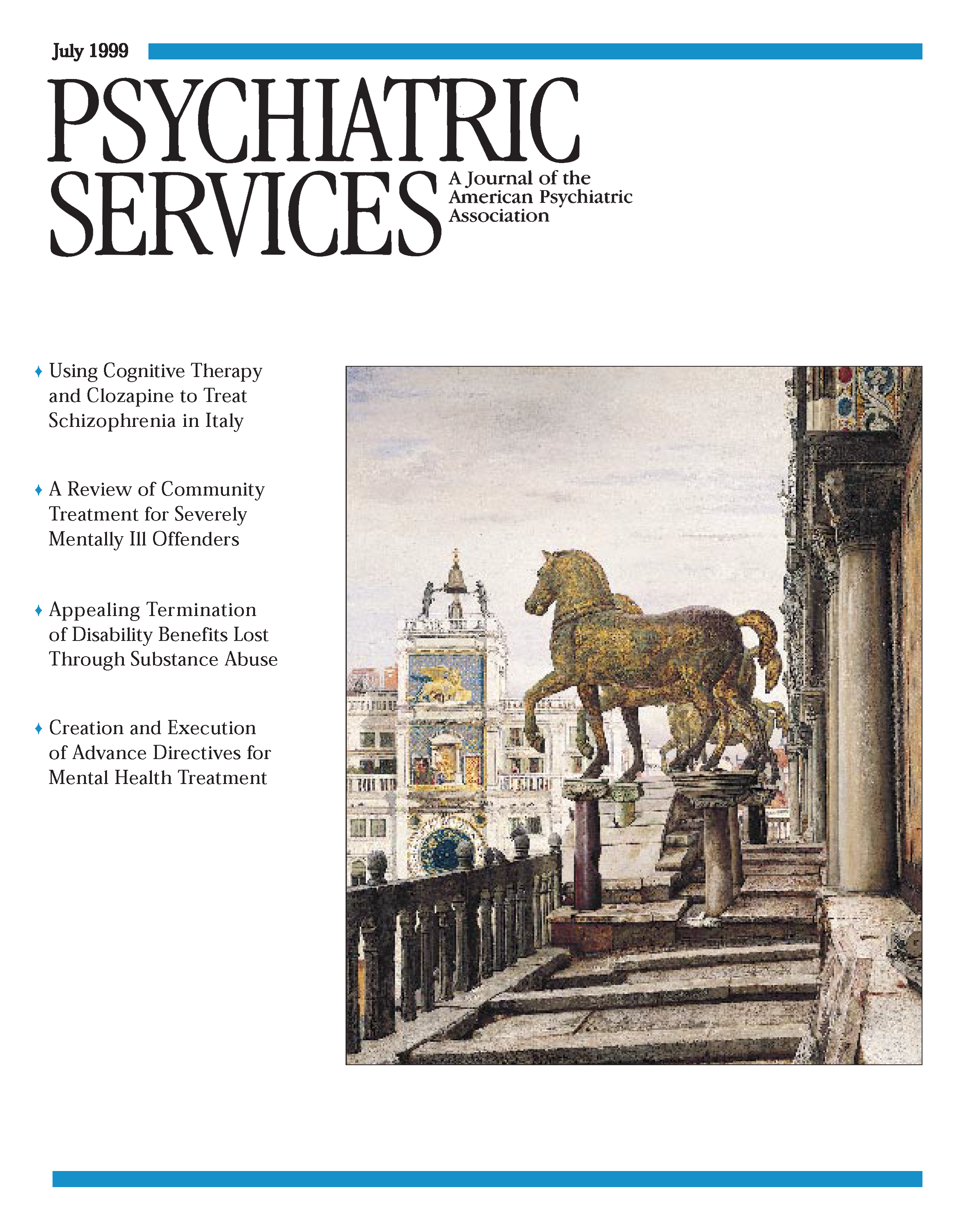A Survey of Prescribing Practices for Monoamine Oxidase Inhibitors
Abstract
OBJECTIVE: A survey examined prescribing practices for monoamine oxidase inhibitors (MAOIs) and explored reasons for the widely noted decline in their use. METHODS: A one-page questionnaire was sent in 1997 to 1,129 members of the Michigan Psychiatric Association. A total of 717 responses were received, for a response rate of 64 percent. Only data from the 573 psychiatrists who were currently practicing were used. RESULTS: Twelve percent of the respondents never prescribed MAOIs, 27 percent had not prescribed them for at least three years, and 17 percent had prescribed them from one to three years ago. Thirty percent of the respondents had prescribed an MAOI within the past three months, and 14 percent between three and 12 months ago. The most frequent reasons for not prescribing the drugs were side effects and interactions with other medications (46 percent), preference for other medications (30 percent), and dietary restrictions necessary for patients taking MAOIs (19 percent). Ninety-two percent of respondents believed that MAOIs were useful for atypical depression, 64 percent for major depression, 54 percent for melancholic depression, 56 percent for panic disorder, 44 percent for social phobia, 27 percent for dysthymia, 12 percent for obsessive-compulsive disorder, and 19 percent for posttraumatic stress disorder. However, only 2 percent said they would use MAOIs as their first-line treatment in atypical depression, and only 3 percent would use them a first-line treatment in social phobia. CONCLUSIONS: The results document the commonly held view that practicing psychiatrists believe MAOIs are efficacious but use them infrequently, primarily due to concerns about side effects and drug interactions.



